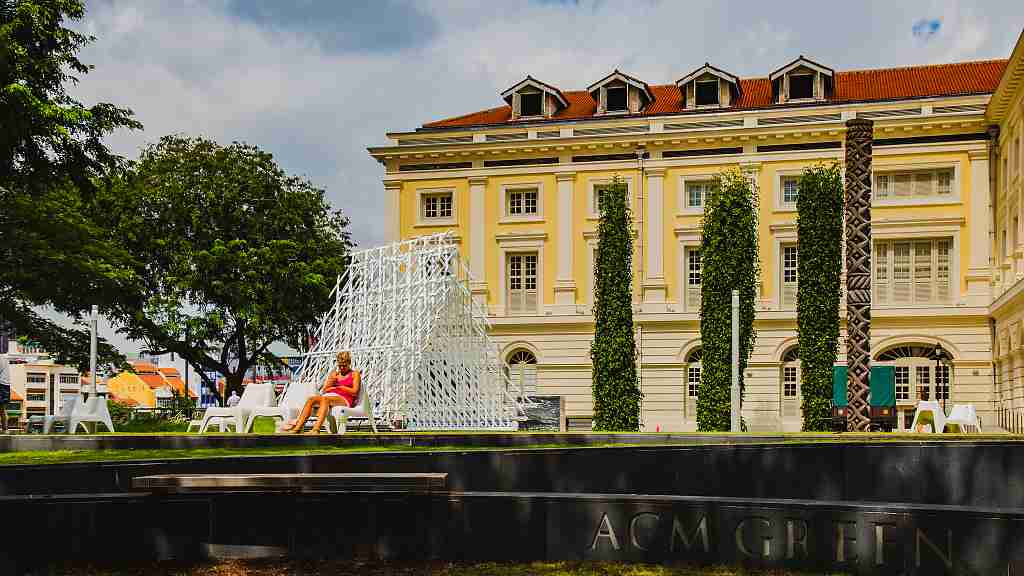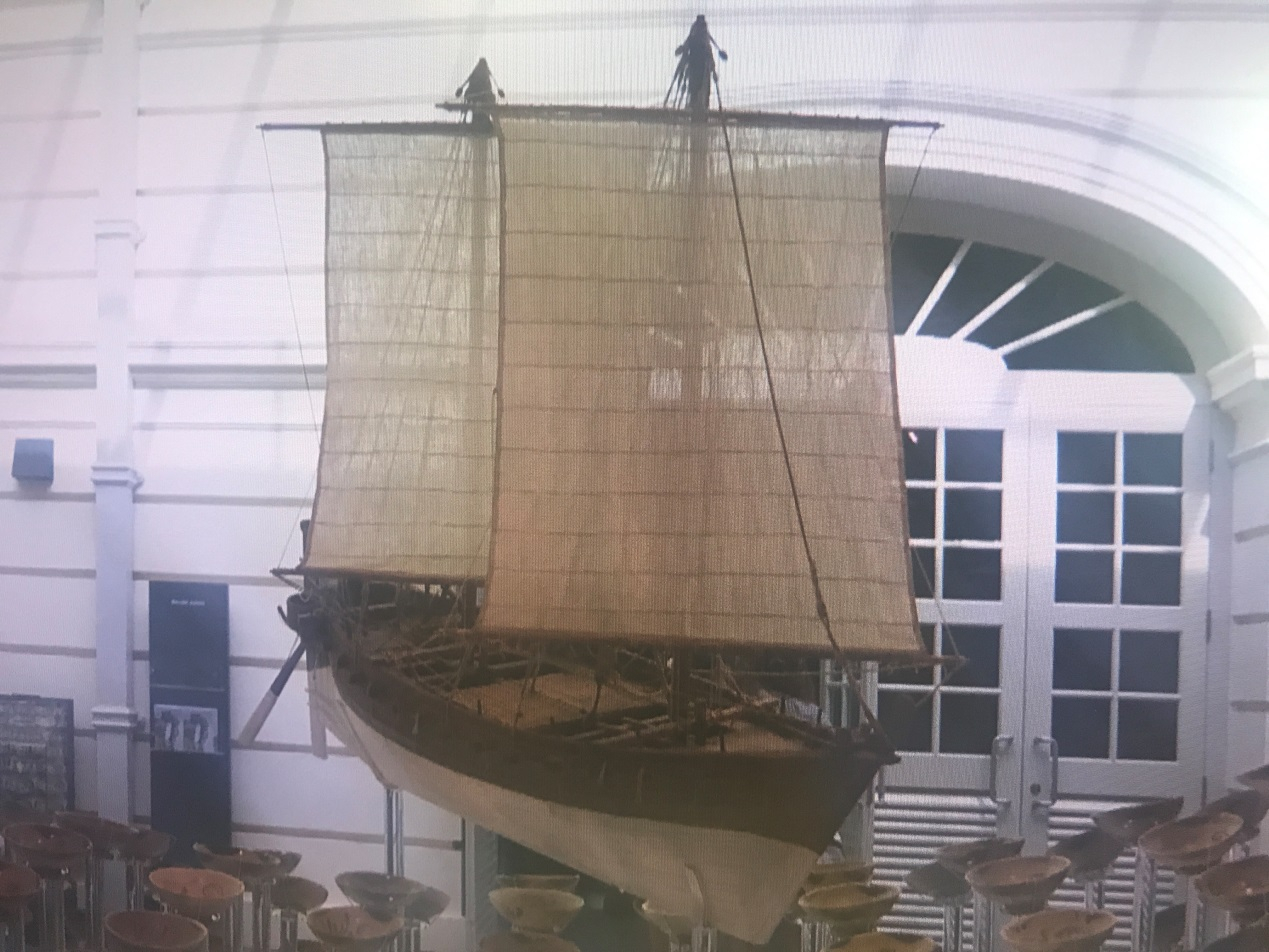
Culture
17:51, 10-May-2019
Asian Civilizations Museum: Civilizations and a history of exchange
Updated
20:31, 10-May-2019
By Qi Jie
02:29

Exploring Asian art and traditions, Singapore's Asian Civilizations Museum is planning a year-long exhibition on Chinese culture. Curator Kennie Ting said he's working hard, hoping that this special exhibition won't let visitors down.
Located near the Singapore River, the Asian Civilizations Museum houses collections from China, Southeast and South Asian countries, as well as collections of Islamic culture. Since 2016 – when the young curator took his position at the museum – Kennie Ting has devoted a lot of effort to the exhibitions, pulling in visitors of all ages.
Ting said: "As a museum exhibiting mostly ancient relics, I think the greatest challenge is how to make visitors believe that ancient artifacts are actually very chic. In fact, relics are very fashionable."
When speaking of the year-long exhibition starting in June, Ting is very excited. "We're going to exhibit a series of Chinese ink paintings, followed by a large scale exhibition in the Palace Museum in Beijing next April. At last, we're going to showcase relics from the Belitung in the Shanghai Museum, for the first time in history," he said.

An exhibit at the Asian Civilizations Museum in Singapore. /CGTN Photo
An exhibit at the Asian Civilizations Museum in Singapore. /CGTN Photo
The Belitung shipwreck, also known as Tang Shipwreck, is a maritime disaster that occurred nearly 1,100 years ago, when an Arab ship bearing a precious cargo of treasures set sail from the port Canton. Just off the shores of Sumatra, near the island of Belitung, the ship sank and remained untouched until 1998.
Over 67,000 relics were found on the ship, of which 90 percent were ceramics, plus over 30 pieces of bronze mirrors, and 30 gold and silver wares, all of which were made in China.
The curator said the Belitung indicates the splendid history of exchanges between countries on the ancient Silk Road.
"Either world civilizations or Asian civilizations, exchanges never stop. We learn from each other. Exchanges make civilizations stronger and more vitalized. Communication indicates a manifestation of value," he said.

SITEMAP
Copyright © 2018 CGTN. Beijing ICP prepared NO.16065310-3
Copyright © 2018 CGTN. Beijing ICP prepared NO.16065310-3